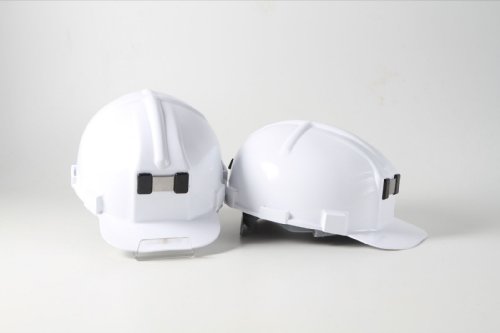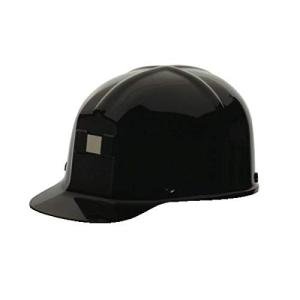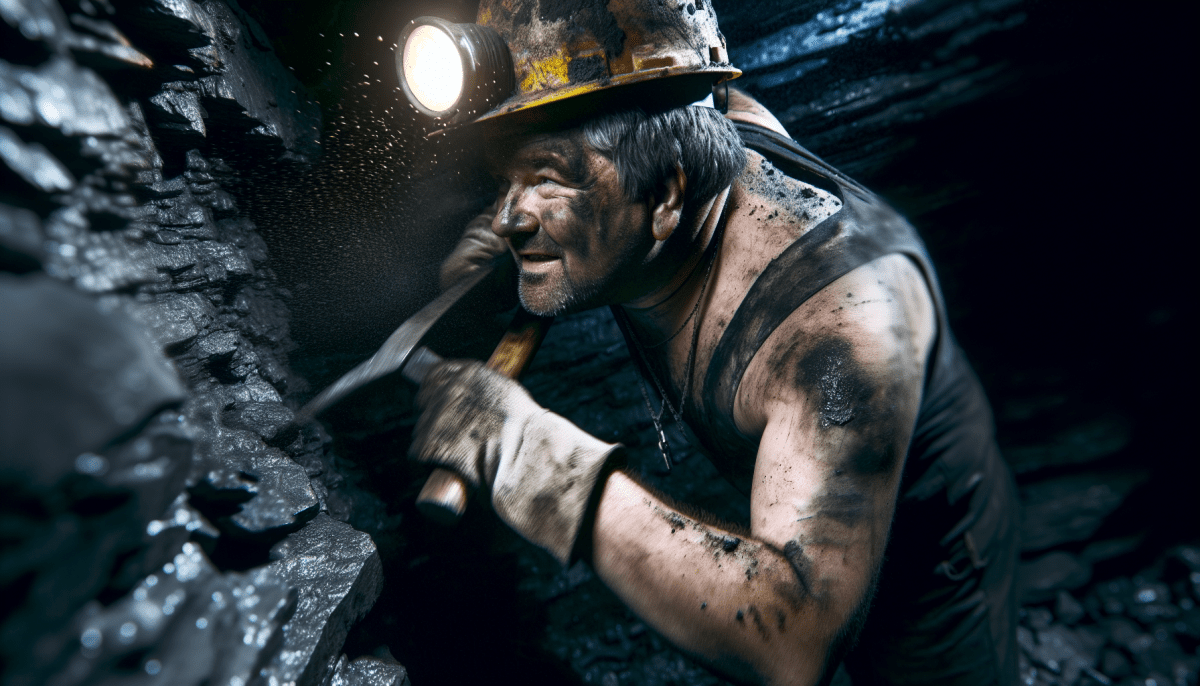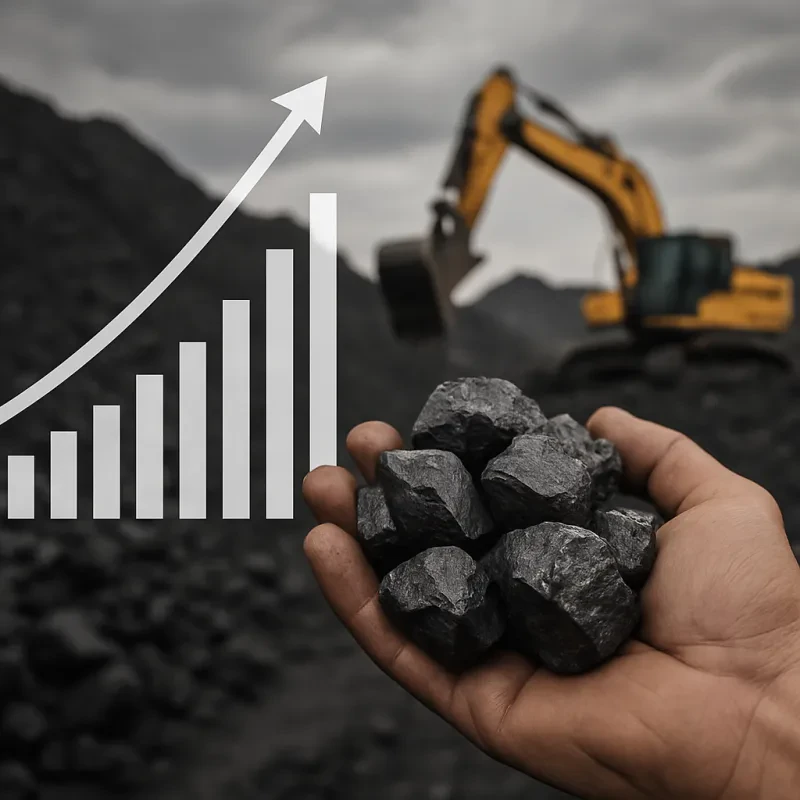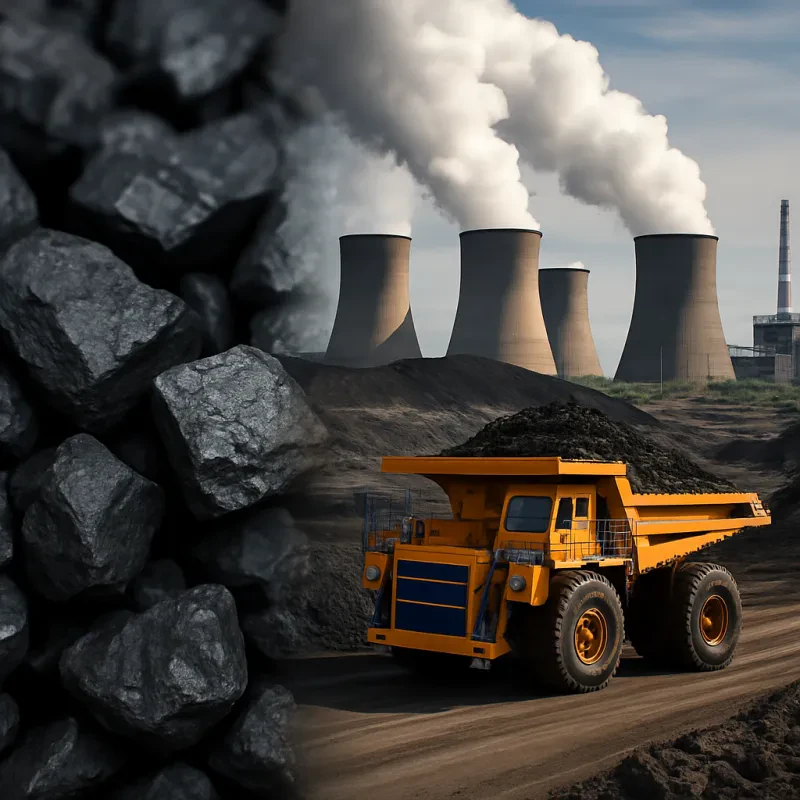Understanding the Underground Coal Mining Operation: A Deep Dive into the Heart of Coal Extraction
Underground coal mining is an intricate process involving various specialized tasks and roles. It is a critical sector that powers industries and homes, contributing significantly to the energy mix of many countries. This article aims to provide a comprehensive overview of the specific jobs required in an underground coal mine and detail the typical shift of a coal miner, shedding light on the complexities and challenges faced in the depths of the earth.
Key Roles in Underground Coal Mining Operations
Underground coal mining requires a diverse range of skills and expertise to ensure the safe and efficient extraction of coal. The following are some of the essential roles within an underground coal mine:
- Mining Engineers: They design the mine layout considering safety regulations and efficiency. Mining engineers also oversee the development of tunnels and ensure the structural integrity of the mining areas.
- Mine Managers and Supervisors: Responsible for overseeing the daily operations within the mine. They ensure that mining activities comply with safety standards and production targets are met.
- Electricians: Specialized in installing and maintaining electrical systems underground. They ensure that lighting, machinery, and ventilation systems are operational and meet safety standards.
- Drill Operators: They operate drilling machines to create tunnels and shafts. Drill operators play a crucial role in preparing the mine for the extraction of coal.
- Load-Haul-Dump (LHD) Operators: These operators control machinery used for the transportation of coal and waste material through the mine's tunnels.
- Ventilation Officers: Critical for maintaining air quality, ventilation officers manage the ventilation systems that provide fresh air and remove harmful gases.
- Roof Bolters: They install support systems in mine roofs and walls to prevent collapses, ensuring the safety of the mining environment.
- Continuous Miner Operators: Operate machines that remove the coal from the coalface. They play a direct role in coal extraction, using machines that grind away at the coal seam.
- Surveyors: Responsible for mapping the mine layout and ensuring that the mining operations follow the designed plans accurately.
- Safety Officers: They enforce mine safety regulations, conduct safety drills, and are responsible for emergency response planning.
A Day in the Life of an Underground Coal Miner
The typical shift of an underground coal miner is both challenging and rewarding. Miners usually work in shifts covering 24 hours a day, ensuring continuous coal production. A standard shift might last anywhere from 8 to 12 hours, depending on the mine's operational requirements.
The day starts with a briefing session, where miners are informed about the day's objectives, safety reminders, and any specific instructions or warnings. Miners then gear up, wearing protective clothing, headgear with lights, and safety equipment before descending into the mine via an elevator or mine shaft.
Once underground, miners head to their designated work areas. The environment is dark, except for the light from miners' lamps and machinery. Noise from equipment and machinery fills the air, and the work is physically demanding. Miners operate heavy machinery, drill, blast, and remove coal, all while constantly monitoring for safety hazards like gas leaks or unstable areas.
Breaks are taken in designated safe areas where miners can rest and eat. Communication with the surface is maintained through radios or intercom systems, ensuring that miners can report issues or emergencies immediately.
At the end of the shift, miners return to the surface, where they debrief and report on the shift's work. They discuss any issues encountered, progress made, and hand over to the next shift if necessary.
The operation of an underground coal mine is a complex and highly coordinated effort involving various specialized roles. From engineers and supervisors to operators and safety officers, each role is crucial for the safe and efficient extraction of coal. The typical day of a coal miner is challenging, requiring dedication, skill, and a constant focus on safety. As the world continues to rely on coal for energy, the work of these miners remains essential, powering industries and homes while facing the challenges of the deep underground.

